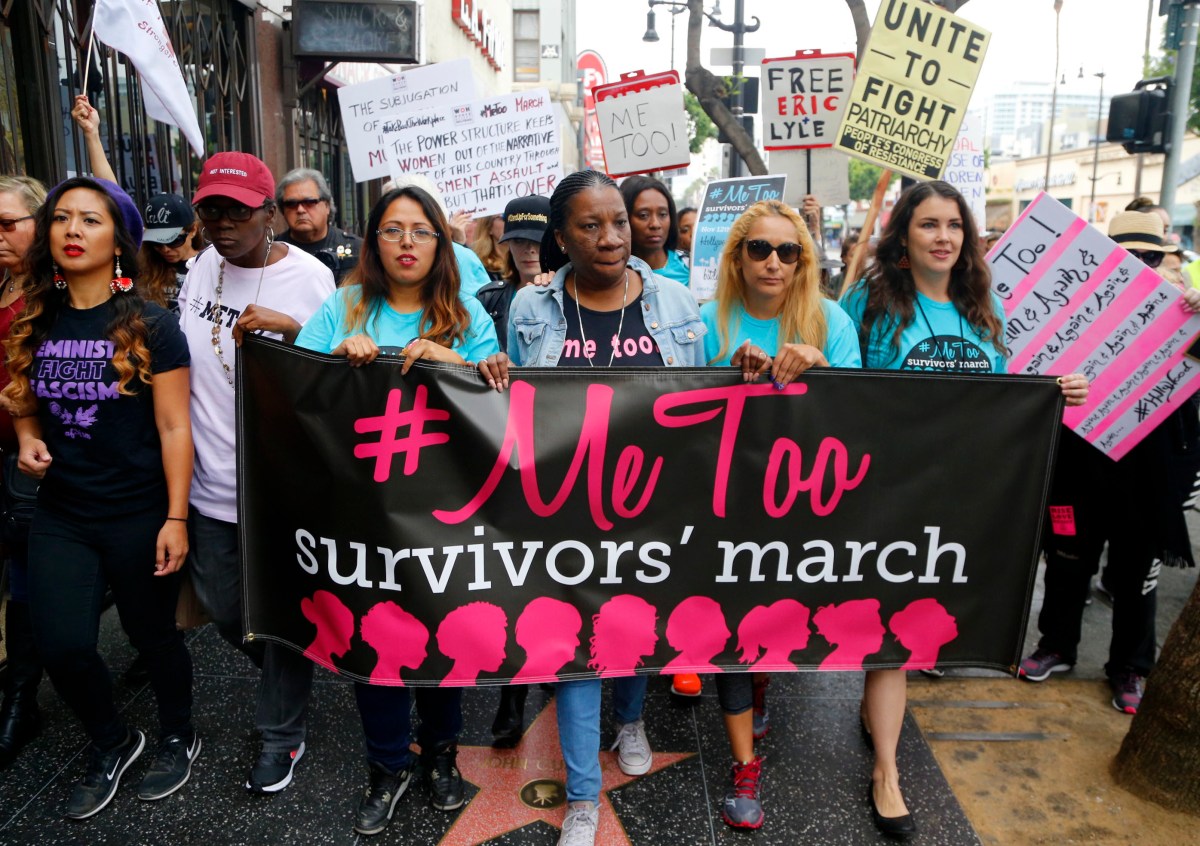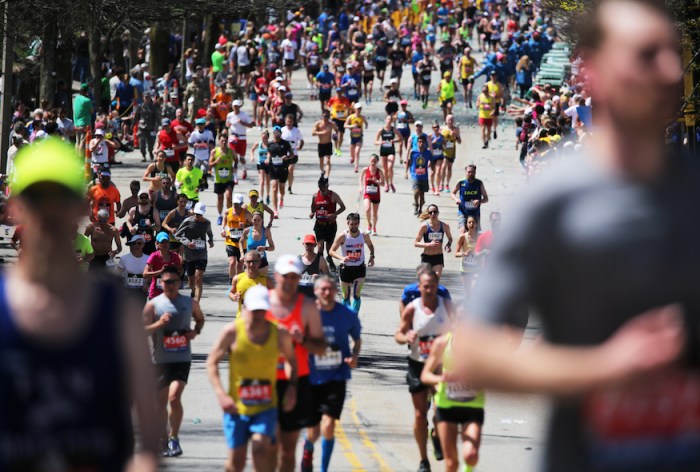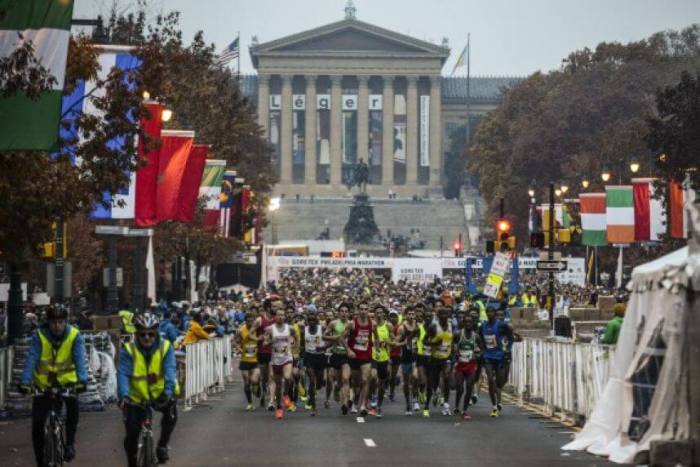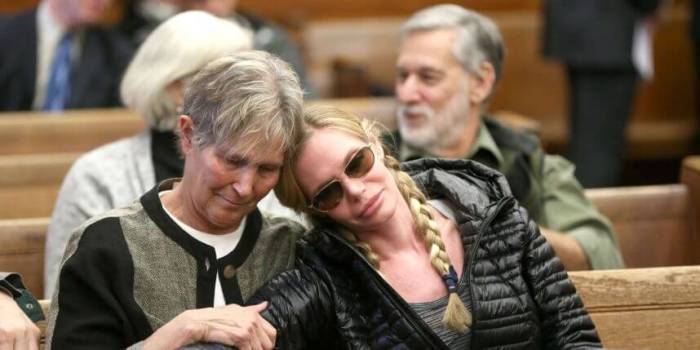Fifty years after her historic Boston Marathon run, Kathrine Switzer will once again lace up her shoes and run the 26.2-mile course. But unlike the first time, when a race official accosted her near the start, she will receive a far friendlier reception. Switzer was the first woman to officially enter and finish the race when she competed in 1967, a trail-blazing effort that would set her on a lifelong path of advocating for women in sports. When Switzer ran in Boston half a century ago, the 20-year-old was the only registered female runner. When she returns for the Monday, April 17, event, she will be joined on the course by about 15,000 other elite female runners. Switzer wasn’t trying to break any barriers that first time around. There were no rules that explicitly banned women from running, and women had unofficially raced and finished before. But no woman had ever received a numbered entry. In her race application, she entered using only her first initial, “K,” allowing her in without alerting officials to her gender. Switzer’s story really started to take shape as she passed the two-mile marker that day.
“It wasn’t until a race official attacked me during the run did I become determined to finish and speak out on behalf of all women,” she recalled on her website. Switzer was referring to the infamous attempt by a race official to rip bib number 261 off her shirt. Dressed in baggy gray sweats that day, Switzer stuck out among the sea of runners as the only woman. The race official,John “Jock” Semple, was so livid that a woman was running with an official number, that he sprinted onto the course and tried to rip the number from her.The scary, but unsuccessful attack was captured on camera, along with the actions of fellow runners who pushed Semple away. Although Semple had her disqualified, Switzer ended up completing the race in 4 hours and 20 minutes, crossing the finish line with a sense of purpose. “I got my energy back, and became both radicalized and inspired by the incident with the official to create opportunities for other women in running,” she recalled. “When I finished, I felt like I had a life plan, and in fact, I did.” It would be five years before women would be invited to run in the Boston Marathon. Fast forward to 2017, when nearly half of the 30,000 racers competing will be woman.
Switzer’s story grabbed headlines and she would take that drive and determination around the globe. To date, Switzer, now 70, has completed 39 marathons, inspiring thousands of women along the way. Her organization, 261 Fearless, works to connect women runners and walkers and promotes healthy lifestyle values. It is named after that 1967 Boston Marathon race number. She also wrote a memoir, “Marathon Woman.” A new edition of the book will be released on Tuesday, to celebrate the 50th anniversary of her run. Switzer is credited for making room for women in marathon running. She even helped lobby to get the women’s marathon added as an official Olympic sport— it was first included in the 1984 games. Pushing for equality for women in sports has larger implications for how women are viewed in society, Switzer wrote on her website.
“I knew when the world saw women in the most difficult of all running events, competing in the most important and prestigious sports event — the Olympics — it would change world attitudes about women’s capability,” she wrote. “Everyone everywhere understands that 26.2 miles is a long way to run, and when they see women doing it they know that women can do anything and should be allowed to participate.” RELATED: To Boston marathon survivor, Citgo sign is iconic ‘beacon’
50 years later, Boston Marathon trail-blazer Kathrine Switzer runs again
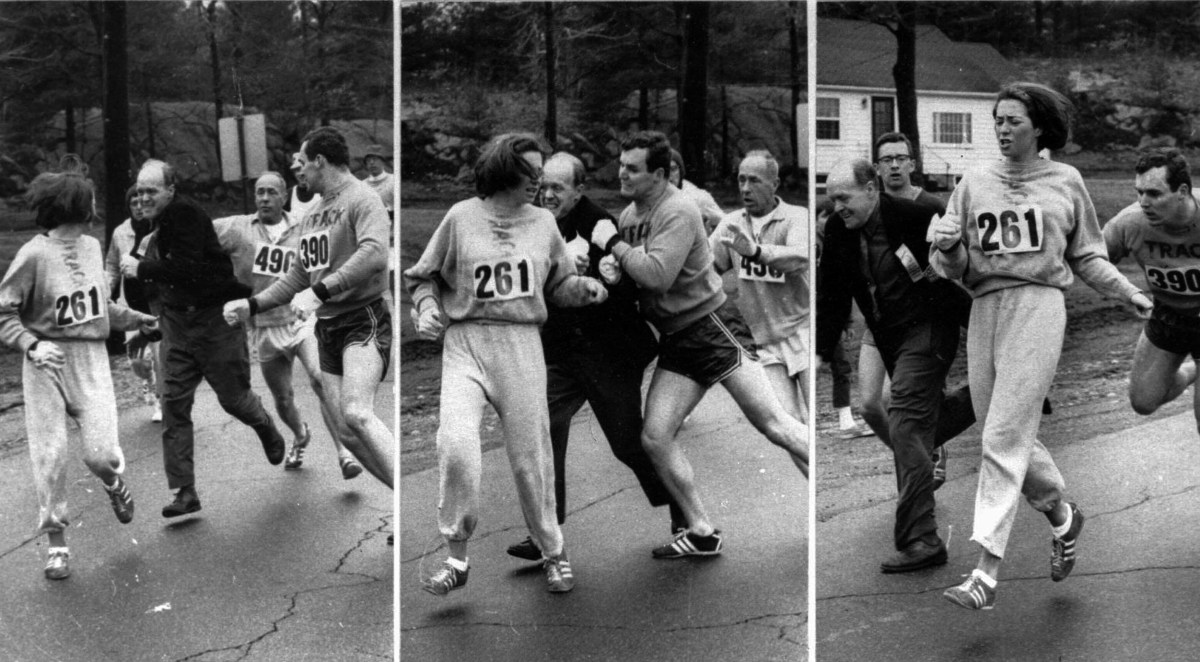
Boston Herald/Katherine Switzer










